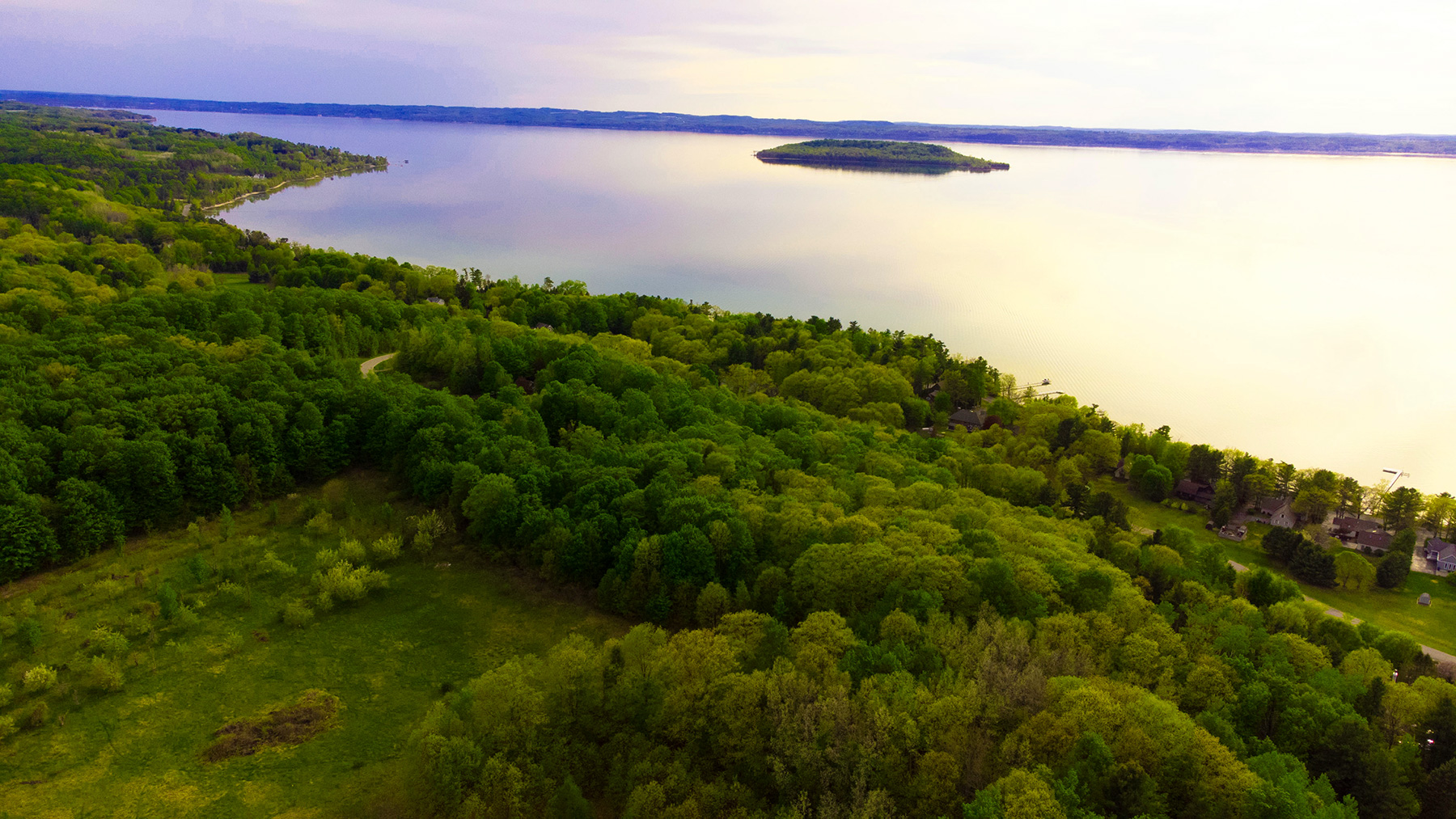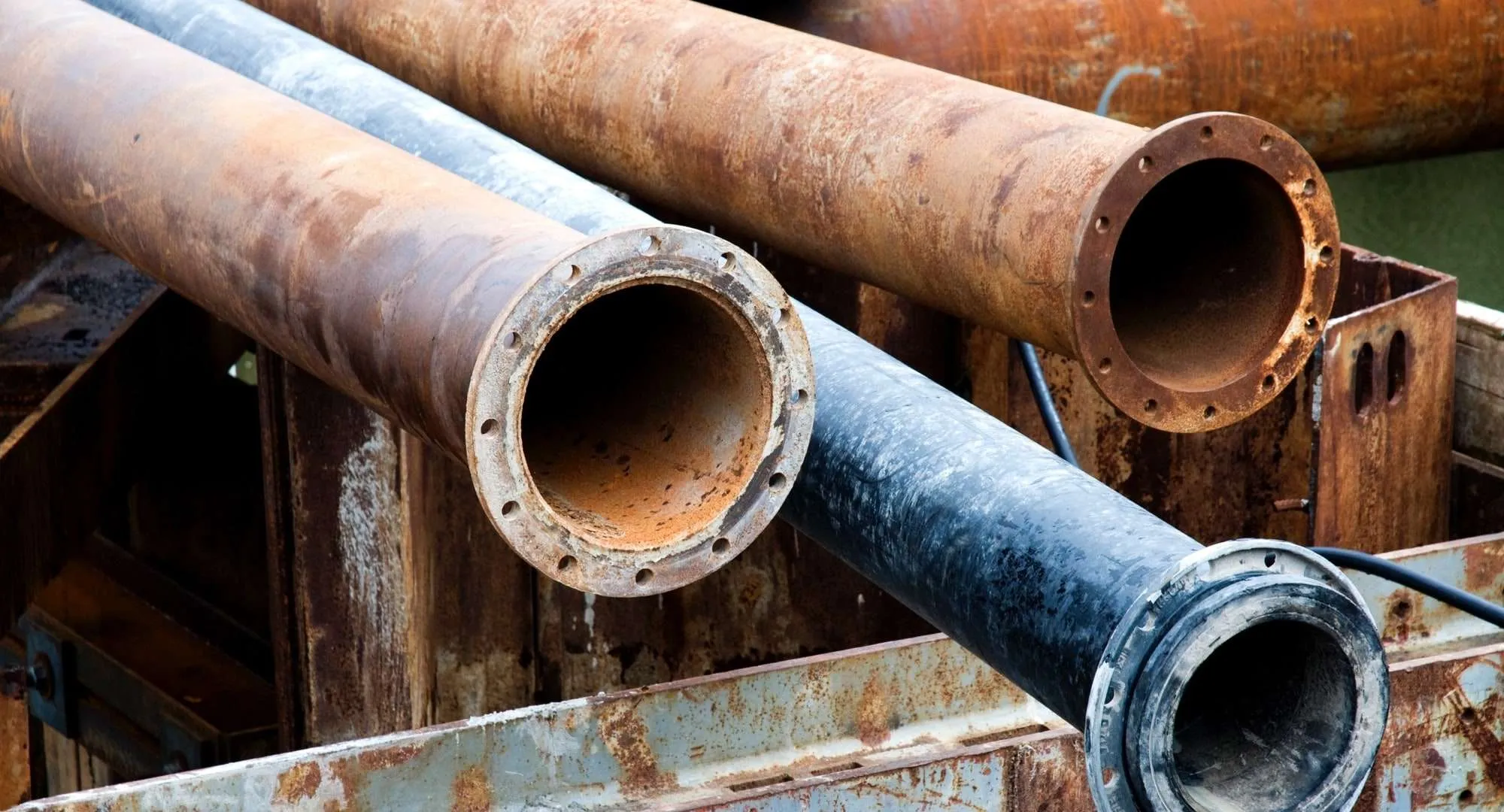Three Key Facts:
-
- The Tribal Stream and Michigan Fruitbelt Collaborative, a local coalition, is conserving more than four million acres across northern Lower Michigan with a $20.4 million federal grant from the Biden-Harris Administration.
- The group protects watersheds, wildlife habitat, and nearby lands in the Grand Traverse Region.
- The coalition has two main goals: replacing restricted road culverts with passages that allow for safer fish passage and setting aside land to prevent the development of agricultural and forested land for non-agricultural purposes.
-
The Tribal Stream and Michigan Fruitbelt Collaborative will restore watersheds, wildlife habitat, and nearby lands in the Grand Traverse Region
A diverse coalition of local organizations received $20.4 million from the Biden-Harris Administration to conserve more than four million acres of land and waters in northern Lower Michigan. The funding was awarded by the U.S. Department of Agriculture (USDA) through its Regional Conservation Partnership Program (RCPP) with nearly $5 billion allocated by the Inflation Reduction Act.
Operating as the Tribal Stream and Michigan Fruitbelt Collaborative, the group – led by the Grand Traverse Band of Ottawa and Chippewa Indians – is focused on large-scale efforts to restore watersheds and enhance wildlife habitats across Northern Michigan, combining stream restoration with permanent land protection.
“The primary ecological restoration goals are to restore connectivity of streams while also protecting them and doing habitat restoration so that the water quality is improved,” said Glen Chown, executive director of Grand Traverse Regional Land Conservancy.
The group monitors water quality concerns along Lake Michigan and partners with area farmers to safeguard farmland near or adjacent to the waters they are preserving. Since officially launching in 2016, the coalition has completed more than 60 stream restoration projects throughout Northern Michigan.
The project focuses largely on two goals: replacing restricted road culverts, which are tunnels that let water flow under roads, with passages that facilitate movement of native aquatic wildlife and purchasing conservation easements to prevent the development of agricultural and forested land for non-agricultural purposes.
Replacing the road culverts is crucial for helping fish travel through streams and rivers. Many existing culverts block fish from reaching their spawning and feeding areas, disrupting the aquatic ecosystem. By installing bridges or bottomless culverts instead, fish can move more freely, restoring natural waterway connections.
The groups in the coalition are:
- Grand Traverse Band of Ottawa and Chippewa Indians
- Conservation Resource Alliance
- Grand Traverse Regional Land Conservancy
- Leelanau Conservancy
- Grand Traverse Conservation District
- Little Traverse Bay Bands of Odawa Indians
- American Farmland Trust
- Great Lakes Fishery Trust
- Huron-Manistee National Forest
- Michigan Department of Natural Resources
- United States Fish and Wildlife Service
- Grand Traverse County Road Commission
- Leelanau County Road Commission
- Leelanau Conservation District
- Land Trust Alliance
- Little Traverse Conservancy
- Peninsula Township
- Benzie Conservation District
- Michigan Department of Environmental Quality
- Acme Township





